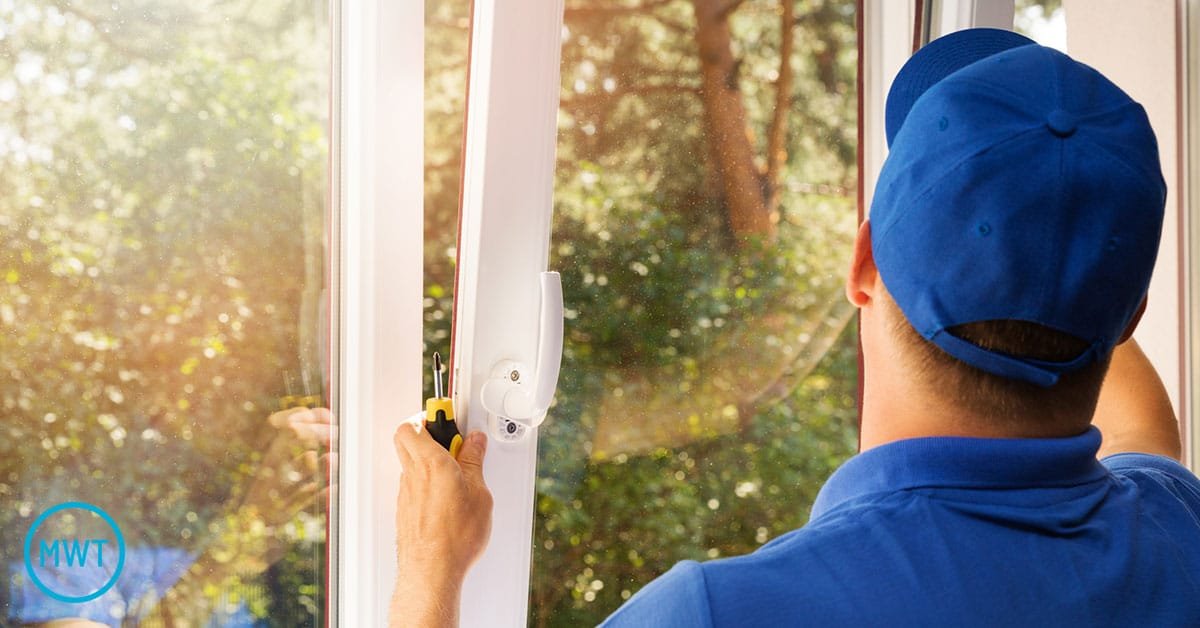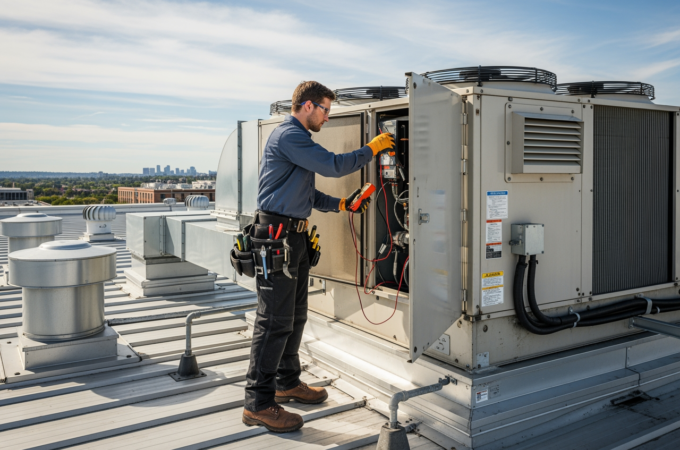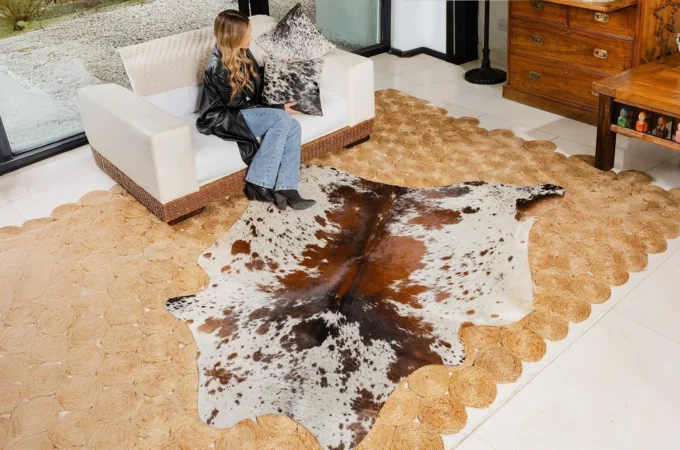
How Window Tinting Can Reduce Energy Costs for Homes
Reducing household energy costs is one of the most pressing concerns for today’s homeowners, especially as utility prices continue to rise. The quest to minimize monthly bills while creating a comfortable living space has driven many individuals to invest in energy-efficient appliances, improved insulation, or smart thermostat systems. However, a highly effective and often-overlooked solution is window tinting. Far from being limited to altering the appearance of glass, modern window films deliver measurable, long-term energy savings that positively impact both comfort and finances. By investing in professional window tinting services, homeowners can maintain a consistently pleasant indoor environment throughout the year while enjoying significant reductions in their monthly utility bills.
The value of window tinting extends far beyond aesthetics or increased curb appeal. Thanks to advanced engineering, today’s window films function as nearly invisible shields, expertly designed to prevent costly energy loss and to give your HVAC system a much-needed break. By managing the amount of heat and sunlight that enters your home, window tints provide a harmonious balance between harnessing the benefits of natural daylight and sustaining optimal indoor temperatures. As concerns about energy consumption and sustainability increase, many homeowners searching for year-round energy-saving solutions find that window tinting reliably delivers results other upgrades may not—making it a crucial component of modern, energy-conscious home improvement strategies.
Table of Contents
ToggleUnderstanding Window Tinting
Window tinting involves applying a specially designed, multi-layered clear or tinted film to the interior surface of home windows. Unlike traditional curtains or blinds, which can block out light and restrict outdoor views, window films are designed to be almost unnoticeable, all while providing significant climate control benefits. The film acts as a selective barrier, regulating the passage of heat, visible light, and ultraviolet (UV) rays into your home. By filtering these elements, window tinting helps maintain consistent indoor air temperatures and reduces dependence on energy-intensive heating or cooling systems. According to This Old House, technologies like heat pump water heaters and modern window films share the same purpose of maximizing energy efficiency to maintain year-round comfort.
Thanks to ongoing technological advances, contemporary window films can block a substantial proportion of solar radiation, limiting not only excessive sunlight but also significantly reducing temperature fluctuations in rooms facing the sun. When installed, this stabilizing effect on the indoor environment means HVAC equipment runs less frequently and with reduced strain, which can translate to fewer repairs and replacements over time. Put simply, a quality window film becomes a subtle, continuous buffer between your home’s interior and the outside world, without compromising the natural brightness or open feel of your living areas.
Types of Window Films
Modern window tinting technology goes far beyond the basic dark tint found in decades past. Today, a wide variety of films is available, allowing homeowners to choose solutions that align with their climate, security needs, and design sensibilities. As noted by HowStuffWorks, each type of film offers distinct advantages that can enhance comfort, improve energy efficiency, and boost home security. Select from these common types, each of which provides unique benefits tailored to specific household needs:
- Solar Control Films: Engineered to block a large percentage of sunlight and solar heat gain, solar control films are ideal for keeping indoor spaces cooler, particularly in homes with significant south- or west-facing window coverage. They help to eliminate hot spots and make entire rooms far more livable on sweltering summer days.
- Low-Emissivity (Low-E) Films:Tailored for cooler environments, Low-E films feature a metallic or ceramic coating that reflects indoor heat back into the room while allowing light to pass through. This added layer of insulation is highly effective for those seeking to retain warmth throughout chilly months, making it an excellent investment if your primary concern is winter energy loss.
- Security Films: Thicker and more robust compared to traditional tints, security films reinforce windowpanes by holding shattered glass in place during break-ins, storms, or accidents. Offering both protection and peace of mind, these films are an excellent addition for families concerned with safety and energy savings.
- Decorative Films: Chosen primarily for their aesthetics and privacy features, decorative films also provide basic heat and UV protection. Their range of colors, patterns, and designs means you don’t have to sacrifice style for improved energy efficiency—enhancing your home’s look while providing functional benefits.
Summer Benefits: Reducing Heat Gain
Unfiltered sunlight streaming through standard glass windows is one of the most significant sources of unwanted heat buildup inside homes during warm weather. When untreated windows act as solar magnifiers, living spaces—especially those with large, unobstructed windows—can rapidly become hot, stuffy, and uncomfortable. This, in turn, places a heavy demand on air conditioning systems, increasing both your household electricity use and monthly expenses.
High-quality window tints can block up to 78% of solar heat, ensuring your home remains cool and pleasant even during periods of intense sunlight. By preventing excessive heat gain, window films decrease the need for constant air conditioner usage, which promotes a longer AC unit lifespan and can delay costly equipment upgrades. Homeowners quickly notice not just lower utility bills, but also improved comfort and even temperature distribution throughout the house, even on the hottest summer days.
Winter Benefits: Retaining Heat
During the winter months, ordinary glass windows can become significant points of energy loss, allowing valuable indoor heat to escape and making rooms feel cold and drafty. This invisible heat leakage not only triggers discomfort but also forces furnaces and heaters to work harder, increasing energy consumption and inflating heating bills, particularly in older homes with less efficient insulation.
Low-E window films provide an effective, energy-saving solution by reflecting radiant heat back into the interior, acting as a virtually invisible thermal barrier. This process minimizes heat transfer through the glass, allowing your heating system to maintain comfortable temperatures with less effort. The improved insulation can be the difference between a furnace that runs constantly and a home that stays toasty with significantly less energy input—producing real savings for homeowners throughout even the coldest seasons.
Additional Advantages of Window Tinting
Window tinting delivers more than just substantial energy savings—it also offers additional benefits that significantly contribute to the overall value and comfort of your home. Consider these powerful reasons to invest in a high-quality window film:
- UV Protection: Ultraviolet light is the primary cause of fading and discoloration in household furnishings, hardwood floors, artwork, and textiles. Top-performing window tints filter out up to 99% of all UV rays, greatly extending the lifespan of your valuables and preserving your home’s aesthetic appeal for years to come.
- Glare Reduction: Direct sunlight can cause significant glare, making it difficult to watch television, work from home, or simply relax. Window tints help regulate this glare, improving comfort and visibility—while eliminating the need to keep drapes or blinds closed during daylight hours.
- Privacy Enhancement: Many window films enhance daytime privacy by obscuring the indoor view from outside without diminishing natural light. Some products even transition from opaque to clear, depending on the viewing angle, allowing you to enjoy your outdoor scenery while protecting your family’s privacy.
Choosing the Right Window Film
Selecting the best window tint for your home begins with assessing your geographic location, the orientation and size of your windows, and your primary goal, whether it is energy savings, privacy, or security. For example, homes with large, sun-facing windows in hot climates benefit most from solar control films, while properties in colder areas might prioritize Low-E options for their superior insulation capabilities. Consulting with a window tinting expert can be invaluable—they’ll assess your home’s unique features and recommend the optimal product for maximizing savings and comfort. Their specialized guidance ensures your investment delivers results that align with your household’s daily needs and energy goals.
Return on Investment
While the purchase and installation of window film require an upfront financial commitment, homeowners often realize significant savings in just a few years, with most recouping their investments within three to five years due to lower energy costs alone. The potential for further savings from fewer HVAC repairs and the prevention of interior sun damage only adds to the compelling case for window tinting. In addition to lowering utility bills, high-performance window films can boost the market value and overall appeal of your property, appealing to buyers who prioritize energy conservation. In today’s real estate landscape, energy-efficient upgrades, such as professional window tinting, are particularly desirable.
Boost your home’s energy efficiency and comfort with professional window tinting and experience the tangible benefits for yourself—reduced bills, year-round comfort, increased privacy, and long-term protection for your home’s interiors and investments. With the help of industry professionals and modern technology, you can enjoy peace of mind, enhanced living quality, and significant financial savings for years to come.
Anthony M. Salvatori is President of Steadfast Painting Solutions. He has 20 years of painting experience and has been operating his own company for nine years. Salvatori is proud to be leading such an incredible team of individuals with the common goal of providing excellent service and quality.





